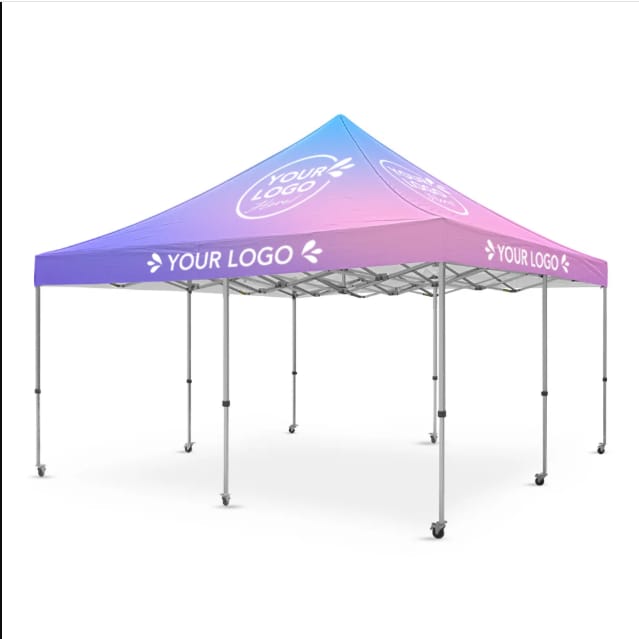
garage
When considering the garage door installation, one cannot underestimate the significance of choosing the right material. The selection of garage door material plays a pivotal role not only in the aesthetics of your home but also in the door’s durability, maintenance requirements, and overall functionality. In this comprehensive guide, we will delve into various garage door materials, examining their impact on the installation process and helping you make an informed decision that aligns with your preferences and practical needs.
Wooden Garage Doors: A Classic Aesthetic with Unique Challenges
Wooden garage doors evoke a timeless charm, providing a classic and warm aesthetic to any home. The natural grain patterns and rich textures of wood contribute to a visually appealing facade. However, the installation of wooden doors comes with unique challenges. Wood is a porous material, making it susceptible to weather conditions such as rain and humidity. Without proper maintenance, wooden doors can warp, crack, or rot over time. To ensure longevity, regular sealing and painting are essential. Additionally, due to the weight of wood, professional installation is often recommended, requiring sturdy hardware and precise adjustments to guarantee smooth operation.
Steel Garage Doors: Durability and Security at the Forefront
Steel garage doors are celebrated for their durability and enhanced security features. The material’s inherent strength makes the installation process relatively straightforward. Steel doors are resistant to common issues like warping, rotting, and insect infestations, making them a low-maintenance option. However, homeowners should consider insulation needs, as steel is an excellent conductor of heat. Depending on the climate, additional insulation may be required to regulate the temperature inside the garage. Despite this, the longevity and security benefits often make steel doors a practical and cost-effective choice.
Aluminum Garage Doors: Lightweight and Rust-Resistant
Aluminum garage doors offer a sleek and modern aesthetic, characterized by their lightweight nature. The installation of aluminum doors is generally easier due to the material’s reduced weight, making them suitable for various garage door opener systems. While aluminum is naturally rust-resistant, it may dent more easily than steel, making them susceptible to damage from impacts. Homeowners in areas prone to severe weather or potential impacts should carefully consider these factors. However, the lightweight nature of aluminum makes it an attractive choice for those seeking a contemporary look without compromising structural integrity.
Fiber Reinforced Polymer (FRP) Garage Doors: The Lightweight, Durable Alternative
Fiber Reinforced Polymer (FRP) garage doors represent a modern and versatile alternative. Combining fiberglass with polymer resins, FRP doors offer an exceptional balance of strength and lightness. The installation of FRP doors is typically straightforward due to their lightweight composition. The material is resistant to dents, corrosion, and weathering, providing homeowners with a durable and low-maintenance option. FRP doors also offer moderate insulation properties, contributing to temperature regulation within the garage. This material is an excellent choice for those seeking a contemporary aesthetic without compromising on durability and ease of maintenance.
Factors to Consider During Garage Door Material Selection
1. Climate Considerations:
Evaluate the local climate and weather patterns to choose a material that withstands the elements.
Wood may require more attention in humid environments, while steel and aluminum offer better resistance to rust.
2. Insulation Needs:
Assess your garage’s insulation requirements based on its use and location.
Wooden doors may offer natural insulation but require more maintenance, while steel doors might need additional insulation to regulate temperature.
3. Maintenance Demands:
Consider your willingness to invest time and effort in maintenance.
Wooden doors demand regular sealing and painting, while steel and aluminum doors generally require less upkeep.
4. Budget Constraints:
Define your budget and explore options within your financial constraints.
Wooden doors may be costlier upfront but provide a classic look, while steel and aluminum doors offer durability at a more budget-friendly price.
Comparison of Garage Door Materials
| Criteria | Wooden Doors | Steel Doors | Aluminum Doors | FRP Doors |
| Aesthetic Appeal | Classic and Warm | Modern and Versatile | Sleek and Contemporary | Modern and Versatile |
| Durability | Susceptible to Weather | Highly Durable | Lightweight, Can Dent | Durable and Dent-Resistant |
| Maintenance | High, Regular Painting | Low, Occasional Painting | Low, Minimal Maintenance | Low, Minimal Maintenance |
| Weight | Heavy | Heavy | Light | Light |
| Insulation Properties | Natural Insulation | Requires Additional | Limited, May Require | Moderate |
| Insulation | Additional Insulation |
In conclusion, the choice of garage door material significantly influences the installation process and long-term satisfaction with your investment. By carefully considering factors such as climate, insulation needs, maintenance demands, and budget constraints, you can select a material that not only enhances your home’s curb appeal but also aligns with your practical requirements. Whether opting for the classic charm of wood, the durability of steel, or the modern aesthetics of aluminum, the right choice ensures a seamless integration into your home and a garage door that stands the test of time.
Write and Win: Participate in Creative writing Contest & International Essay Contest and win fabulous prizes.


